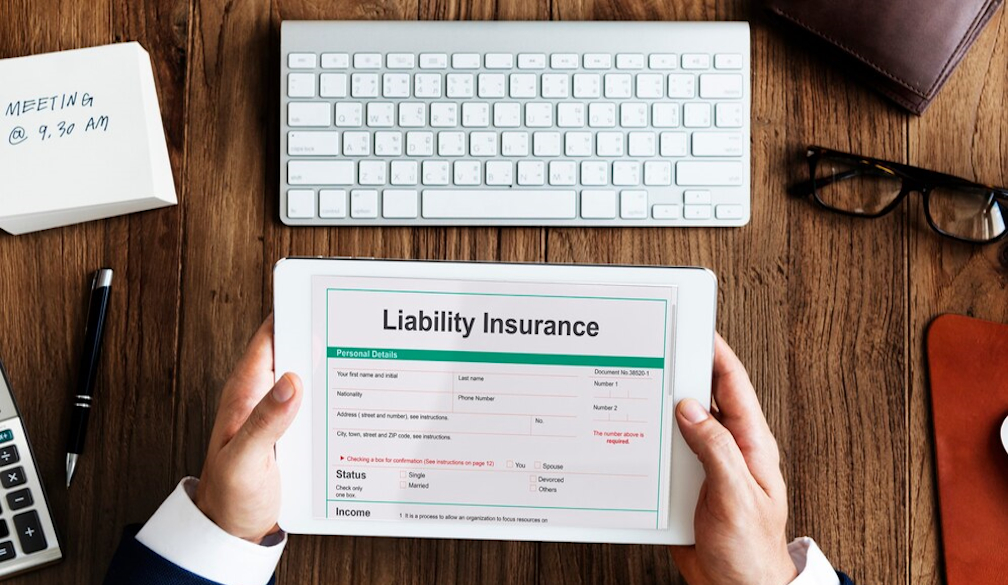Who Needs Product Liability Insurance?

In the vast expanse of commercial operations, the importance of safeguarding businesses against unforeseen liabilities cannot be overstated. Product liability insurance emerges as a crucial shield, protecting companies from the financial fallout of legal action taken against them due to damage or injuries caused by their products. This article will explore the intricate world of product liability, delineate who needs this insurance, and discuss its multifacet benefits.
Understanding Product Liability
Product liability refers to the legal responsibility borne by businesses involved in the manufacture, distribution, sale, or supply of products to the market. If a product is defective and causes harm or damage, the entity responsible for its release into the market can be held liable. This area of law ensures that consumers receive safe products and have a means to seek compensation if this standard is not met. Understanding the nuances of product liability is essential for businesses to appreciate the risks and the protective measures available through insurance.
Who Needs Product Game Liability Insurance?
Product liability insurance is not exclusive to large corporations. Its relevance spans across several key players in the product supply chain. Each entity, from manufacturers to online sellers, bears a certain degree of risk associated with the products they handle. Recognizing whether your business fits into this framework is the first step towards mitigating potential legal and financial setbacks. For a deeper understanding of how product liability insurance works and who specifically needs it, click here.
A. Manufacturers
Manufacturers stand at the forefront of product liability exposure. They are directly involved in the creation and design of products and thus, any inherent defect originating during this phase can make them liable. Manufacturers of all sizes must consider liability insurance as a fundamental component of their risk management strategy, providing a financial safety net against claims of product malfunctions or safety issues.
B. Distributors and Wholesalers
Distributors and wholesalers, who serve as the intermediaries between manufacturers and retailers, also require product liability insurance. While they might not be involved in the manufacturing process, their role in the supply chain can make them liable if they distribute a defective product that later causes harm. Insurance protects these entities by covering legal fees and settlements, ensuring their business sustainability.
C. Retailers
Retailers, regardless of their size, face direct interaction with the end consumer. It places them in a vulnerable position if they sell a faulty product. Whether it's a small local shop or a large online marketplace, retailers must secure product liability insurance to cover damages and legal claims from consumers, safeguarding their operations and financial health.
D. Importers
Importers bring foreign products into the domestic market and are responsible for ensuring these products meet the local safety standards. Due to their control over the selection of products entering the market, importers are held liable if these products are found to be defective. Product liability insurance is crucial for importers to manage the risks associated with global sourcing.
E. Online sellers
The digital age has seen a surge in e-commerce activities, with online sellers now ubiquitous. These entities, even though operating remotely, are not exempt from the liabilities associated with physical products. Product liability insurance for online sellers is indispensable as it covers a spectrum of potential claims, from customer injuries to property damage caused by sold products.
F. Businesses involved in product repairs or alterations
Businesses that offer services like repairs or modifications to existing products also need to consider their liability risks. Altering a product’s structure or function can inadvertently introduce defects. Hence, securing product liability insurance assures that they are protected against claims stemming from their enhancements or reparative work.
Key Benefits of Product Liability Insurance
The adoption of product liability insurance offers a plethora of advantages that extend beyond mere legal compliance. It is an investment in a company's future security and reputation management.
A. Financial Protection
The primary benefit of product liability insurance is the financial protection it offers. Defending a liability lawsuit can be financially debilitating for businesses, with costs running into thousands or even millions. An appropriate insurance policy covers these costs, including legal fees, settlements, and any compensation awarded, ensuring the business’s financial stability.
B. Peace of mind
Knowing that your business is insured against product-related claims can provide immense peace of mind. This assurance enables business owners to focus on growth and operational excellence without the looming fear of potential liability.
C. Reputation management
In the event of a product failure, quick and effective handling of the situation is imperative. Product liability insurance often includes cover for PR and crisis management services that help businesses maintain their reputation in critical times.
D. Assistance with legal complexities
Navigating the complexities of product liability claims can be challenging for businesses. Insurance providers offer expertise and resources that assist companies in managing these situations, ensuring compliance with legal requirements and facilitating a smoother resolution process.
Conclusion
In conclusion, product liability crystal polisher insurance is not just an optional add-on but a necessary component of risk management for almost every entity involved in the product supply chain. From manufacturers to online sellers, each bears a responsibility towards the end consumer and thus, must shield itself with the appropriate coverage. Embracing this insurance translates into enhanced financial protection, reputation management, and overall peace of mind.
Ensuring you have the right coverage could one day protect your business from a catastrophic liability claim, securing your company's future and reputation.







